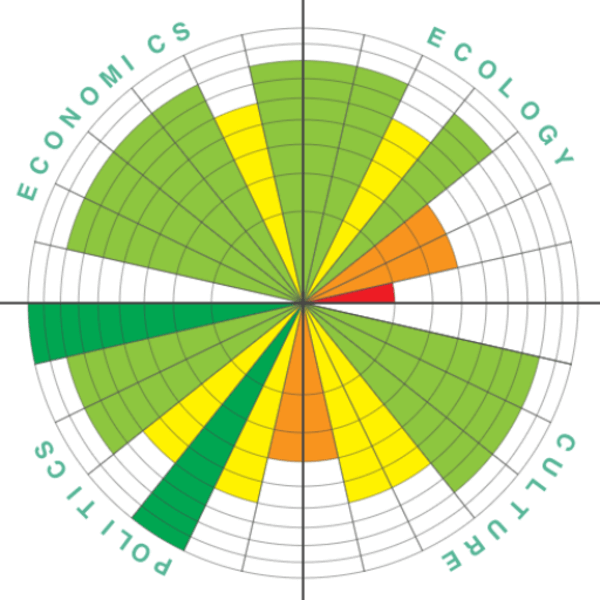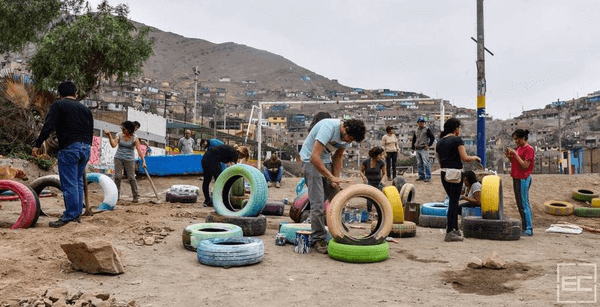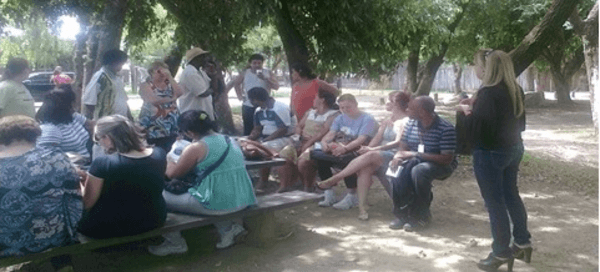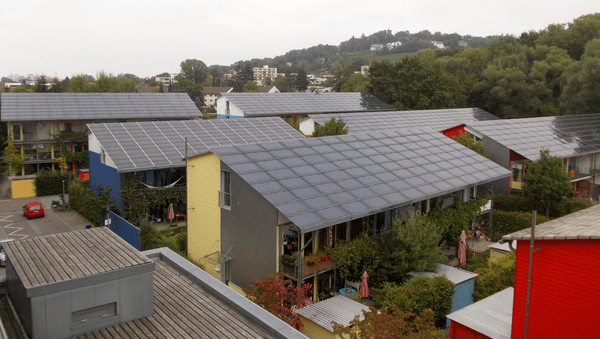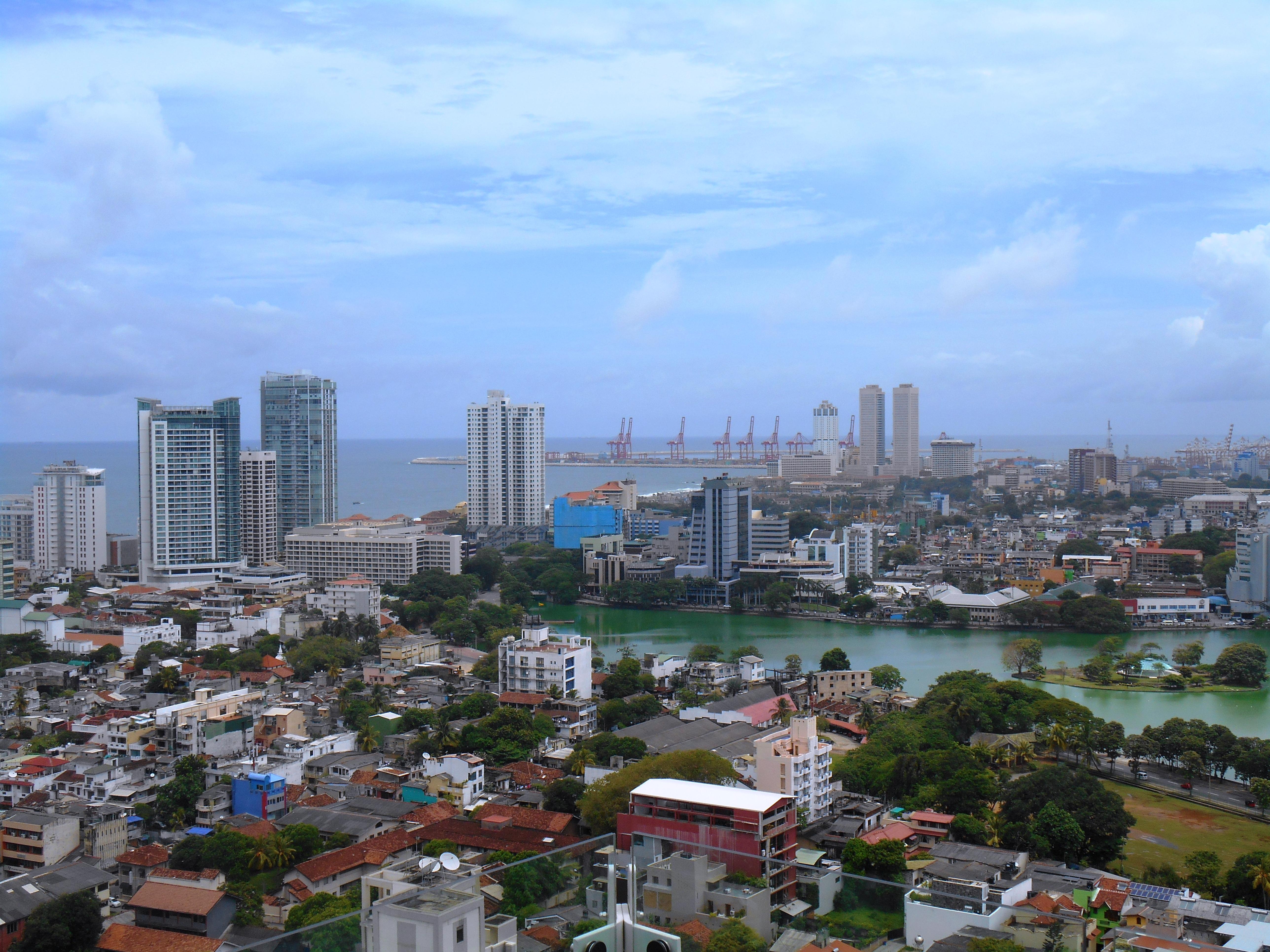
City
Colombo
Main actors
Supranational / Intergovernmental Institutions, Local Government, National Government, Community / Citizen Group
Project area
Neighborhood or district
Duration
Ongoing since 2007
This project is designed to support (national) government efforts to institutionalise participatory urban governance approaches and to assist selected municipal councils.
In Sri Lanka, poverty has been an impediment to social, economic and political development. Around 40% of total Sri Lankan population lives below the poverty line.
The Cities Alliance ‘Cities without Slums’ initiative is designed to help city authorities to indicate capabilities to think and plan anew, and to address shelter issues, with active public participation, creatively, as a part of the poverty problem. The initiative is designed to build an affordable synergistic model, owned and managed by the local authority. In doing so, a city will employ the Environment Planning and Management process (EPM), including working groups, city consultation modalities, participatory planning and community involvement. The main focus in the present initiative is on inspiring and assisting Ratnapura Municipal Council (RMC) to strengthen and broaden lessons learnt and to institutionalise learning opportunities.
On Map
The Map will be displayed after accepting cookie policy
